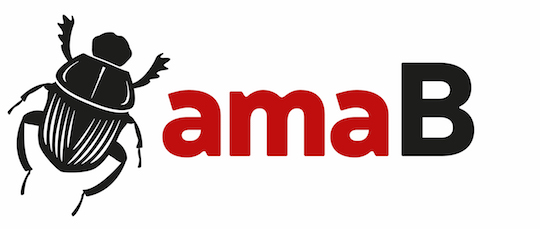Nkandla
AmaBhungane is calling for a public interest defence clause in the Critical Infrastructure Protection Bill. The Bill is presently before the Police Committee in Parliament.
This follows an earlier submission from amaBhungane as part of the public hearing process in February this year.
- Read amaBhungane’s submission here.
The Critical Infrastructure Protection Bill will repeal and replace the apartheid-era National Key Point Act of 1980.
However the schedule for penalties and offences envisioned by section 26 of the Bill repeats the flawed provisions of the old Act. The Bill was tabled before Parliament last year.
Among the more egregious provisions under section 26 is a criminal penalty of up to twenty years imprisonment for taking images of critical infrastructure sites even where such sites are clearly visible to the public.
Commenting on the Bill, amaBhungane Advocacy Coordinator Karabo Rajuili said:
“The chilling effect of on media freedom and the free flow of information in the public interest cannot be overstated.
“Important information, images, documentary evidence which may reveal a contravention of the law or misuse of public funds, may be suppressed under the threat of severe criminal sanction.
“Media reporting on the security upgrades at President Jacob Zuma’s private Nkandla residence, is case in point. Similar provisions in the National Key Point Act served to obstruct and frustrate media reporting, publication of images and access to information.
“It is worth remembering that an adequate public interest defence was a key demand in the contentious passage of the Protection of State Information Bill (POSIB) in Parliament.”
While important amendments have been made to the Bill and to the section 26 penalty clause as part of the Parliamentary deliberation process currently underway, the crucial public interest defence clause remains absent.
A legal opinion by Advocate Ben Winks and media law attorney Dario Milo confirms the grave consequences this omission will have on the constitutionality of the Bill.
The legal opinion was presented by amaBhungane to the Police Committee as a supplementary submission.
- Read full legal opinion here.
AmaBhungane has further called for the inclusion of a public domain clause to complement the public interest defence clause.
Rajuili said, “A public domain clause will protect the public from facing criminal prosecution for taking images of security features in plain sight.”
“It will also protect journalists and members of the public from prosecution for simply re-tweeting or re-publishing images already in the public (domain).”
The Right2KnowCampaign and the South African Editor’s Forum (Sanef) have also called for the inclusion of both a public interest and a public domain clause.
The committee will resume its deliberations on section 26 of the Bill today (Tuesday) and according the Parliamentary schedule the committee will adopt the final Bill tomorrow (Wednesday).
- AmaBhungane engages in advocacy under its mandate to help secure the information rights investigative journalists need to do their work. The legal opinion was commissioned by amaBhungane as part of its advocacy mandate.

The amaBhungane Centre for Investigative Journalism produced this story. Like it? Be an amaB supporter and help us do more. Know more? Send us a tip-off.